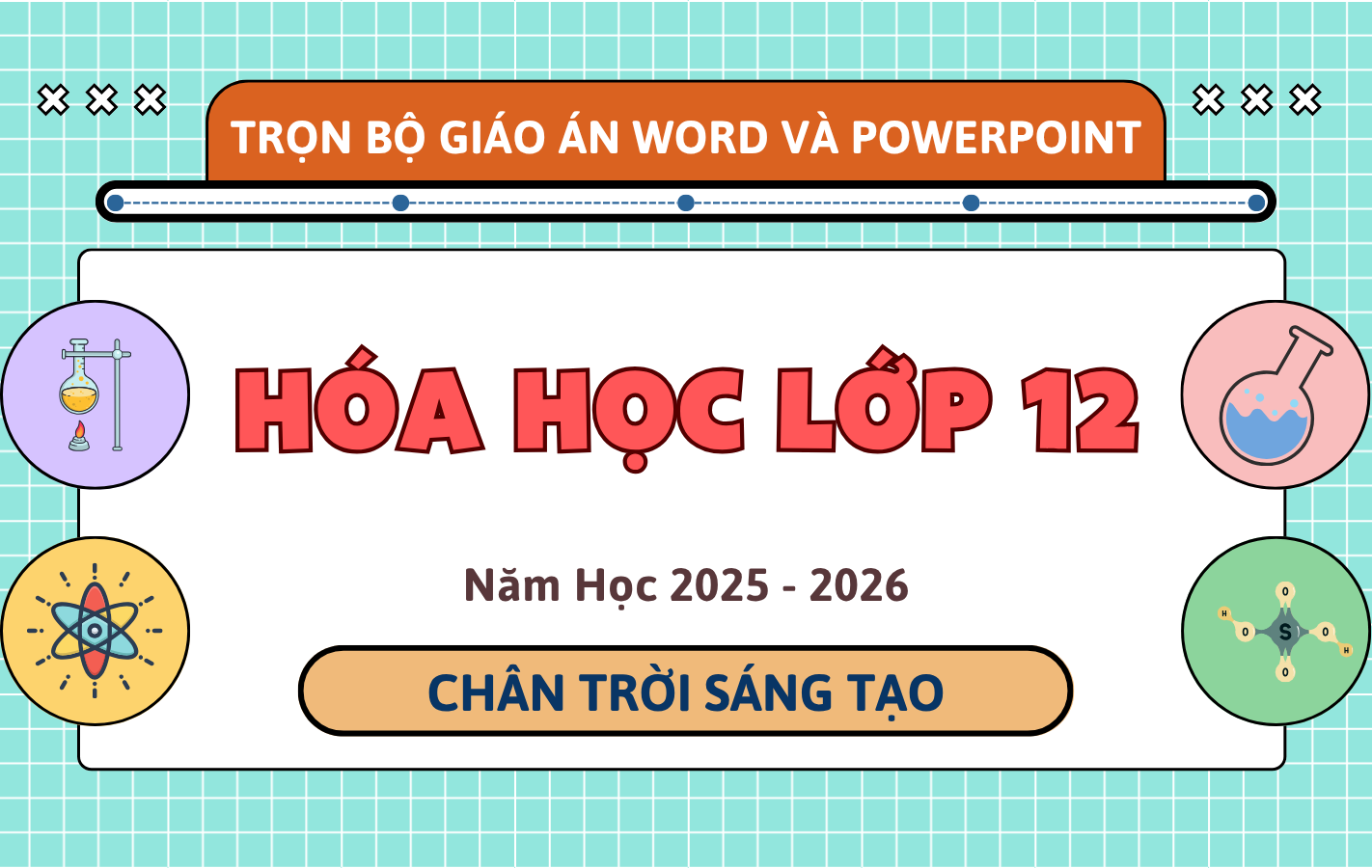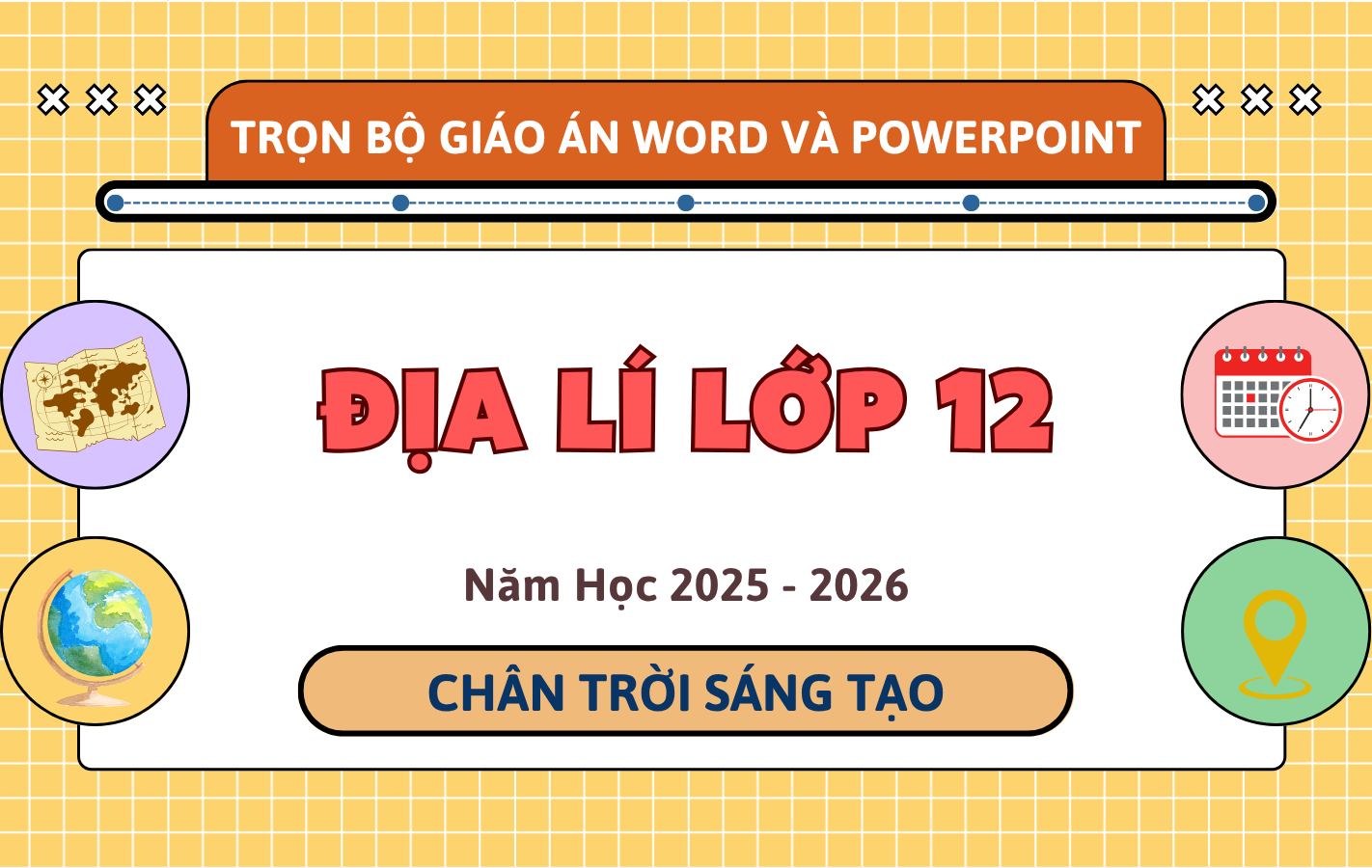Câu hỏi:
Read the following passage and mark the letter A, B, C, or D on your answer sheet to indicate the correct answer to each of the questions from 41 to 45.
When parents name their children, they often take into consideration their own preferences, family traditions, or beliefs. In many European cultures, parents typically select names based on family connections, often honoring grandparents or ancestors. For instance, in Italy, children are commonly named after their grandparents, starting with the father's parents and then the mother's. Similarly, in Eastern Europe, children may be named after their deceased relatives to protect them from harm.
In some Asian countries, the naming process may involve the child's grandfather or a fortune-teller, who chooses a name believed to shape the child's character. Names might be inspired by elements like fire, water, earth, wood, or metal, or they may convey qualities such as beauty, strength, or kindness.
African cultures also have unique naming traditions, such as in Ghana's Akan culture, where a child's name is determined by the day of their birth. Each day has specific names for boys and girls, reflecting characteristics associated with that day. For example, a boy born on Friday might be named Kofi, symbolizing a "wanderer" or "explorer" while a girl born on the same day could be named Afua, also representing a traveler.
No matter where a name originates, it holds significant meaning and reflects the child's cultural heritage. Whether chosen out of preference or dictated by tradition, a child's name is a cherished and respected gift.
What is the main idea of this reading?
Đáp án đúng: C
Giải thích
Dịch đề: Ý chính của đoạn văn là gì?
Choosing names in Italian culture: Văn hóa chọn tên ở Ấn Độ
Choosing traditional names: Chọn tên truyền thống
How names reflect a person's culture: Tên phản ánh văn hóa của một người như thế nào
How Asian people name their children: Người châu Á đặt tên con như thế nào
Đọc bài thì chúng ta sẽ thấy đoạn văn không chỉ nói đến việc chọn tên ở riêng Ấn Độ hay châu Á mà còn ở châu Phi. Đoạn văn cũng không chỉ đề cập đến việc đặt tên truyền thống. Mà việc đặt tên phản ánh văn hóa của một người hay nói cách khác tùy từng nền văn hóa sẽ có những cách chọn tên khác nhau. Đáp án " How names reflect a person's culture".
Câu hỏi này thuộc đề thi trắc nghiệm dưới đây, bấm vào Bắt đầu thi để làm toàn bài
Câu hỏi liên quan

Trọn Bộ Giáo Án Word & PowerPoint Tiếng Anh 12 – I-Learn Smart World – Năm Học 2025-2026

Trọn Bộ Giáo Án Word & PowerPoint Tiếng Anh 12 – Global Success – Năm Học 2025-2026

Trọn Bộ Giáo Án Word & PowerPoint Hóa Học 12 – Kết Nối Tri Thức – Năm Học 2025-2026

Trọn Bộ Giáo Án Word & PowerPoint Hóa Học 12 – Chân Trời Sáng Tạo – Năm Học 2025-2026

Trọn Bộ Giáo Án Word & PowerPoint Công Nghệ 12 – Kết Nối Tri Thức – Năm Học 2025-2026
